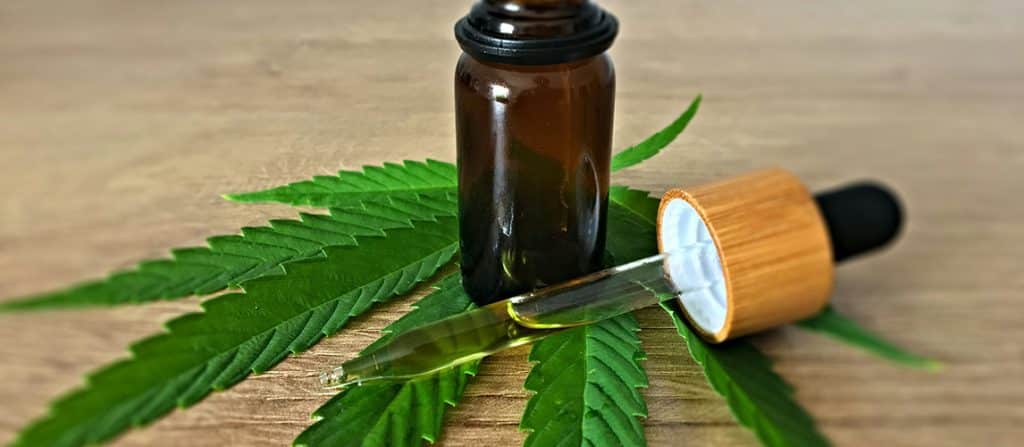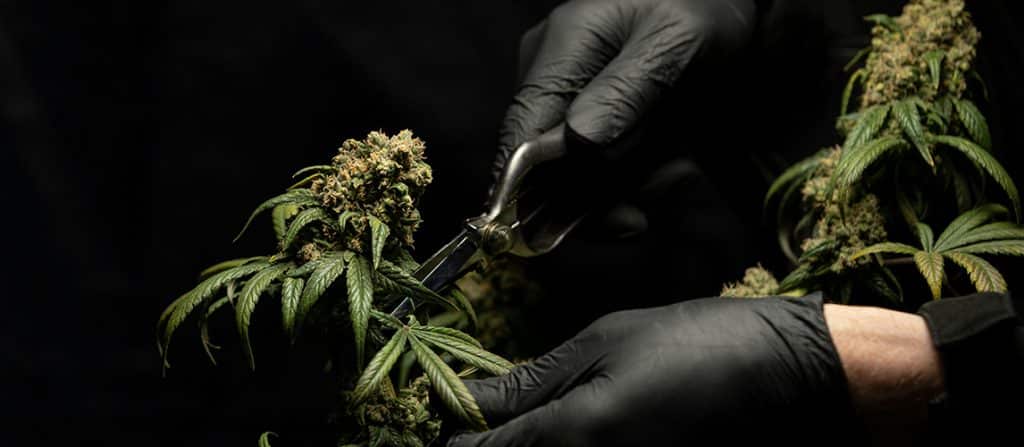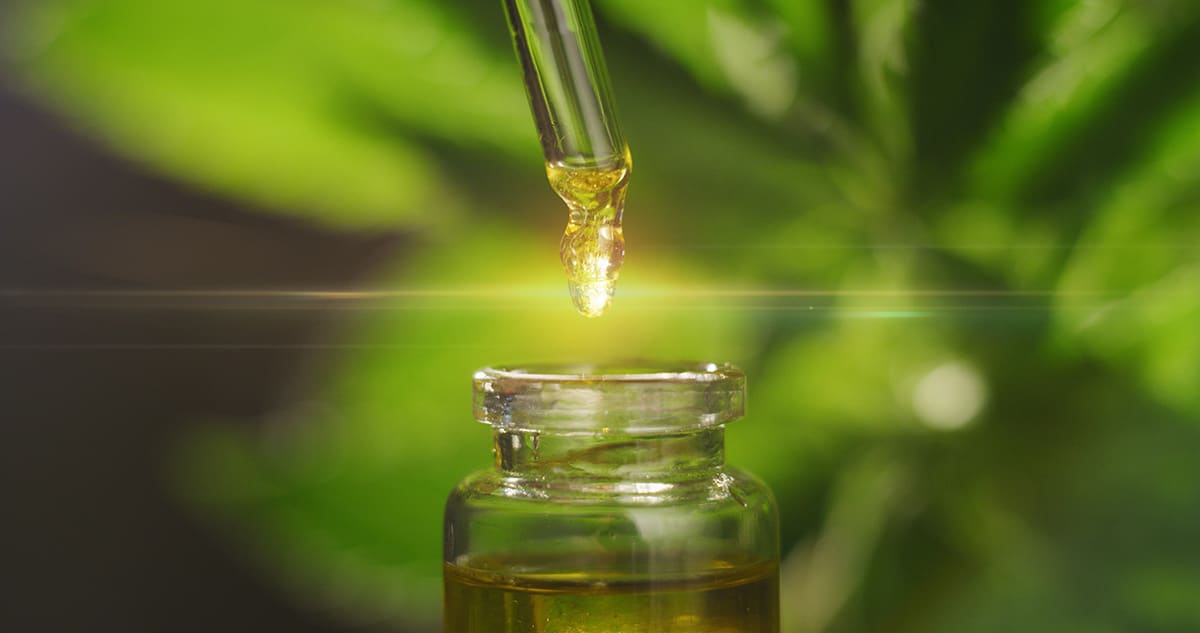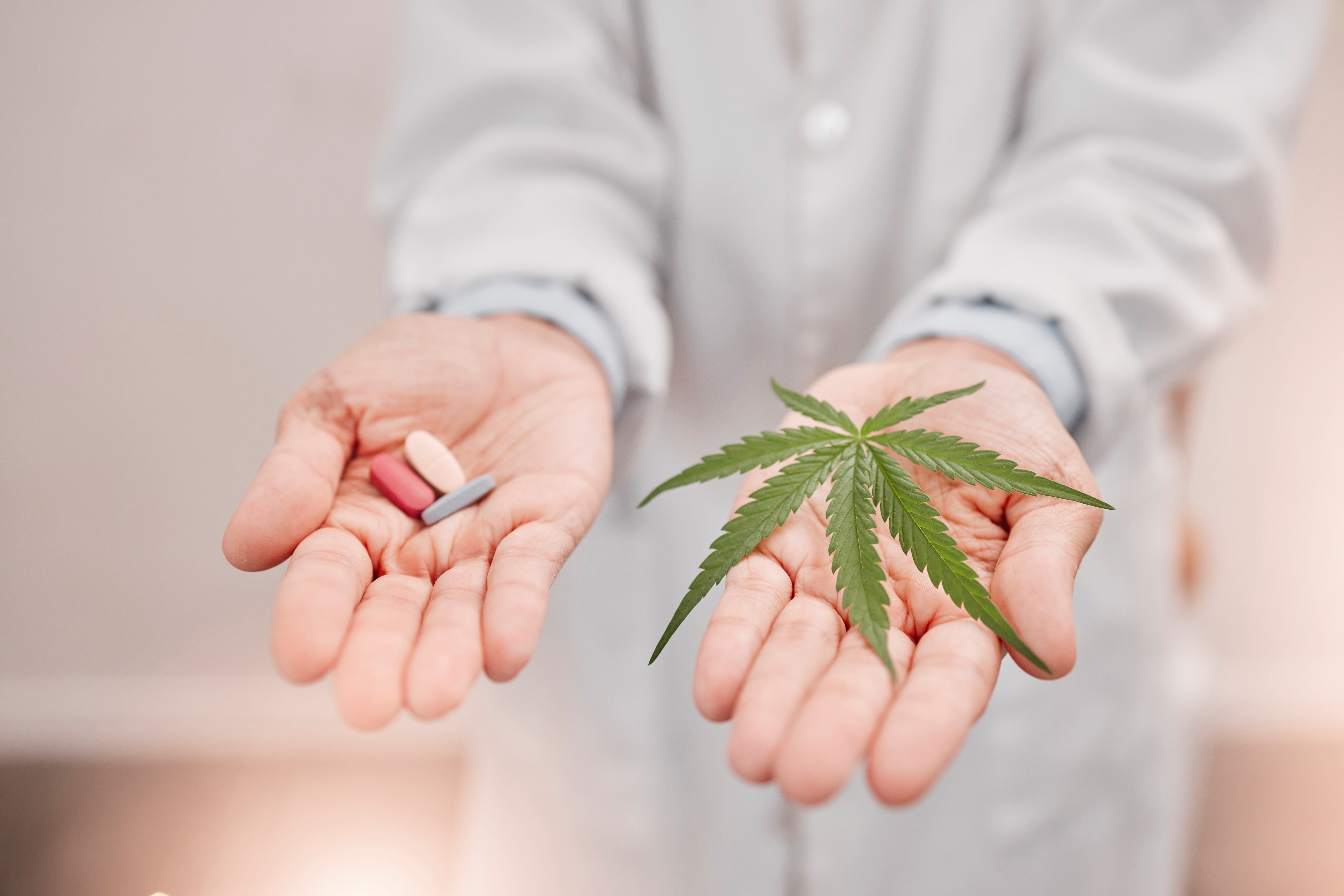Phoenix Tears – a legal medicine or a drug?

In today’s world, we encounter new developments—new substances and products that could potentially impact our health. Since we live in a fast-paced and dynamic world full of stress, it’s no surprise that we also face various illnesses. This is where alternative medicine has carved out a place for itself and has its own supporters.
Cannabis-based products are becoming a common and popular part of alternative medicine, whether in the form of CBD and CBG drops, CBD joints, or others. One relatively new phenomenon is Phoenix Tears. This peculiar substance not only sparks curiosity but also debate, becoming the subject of intense discussion in medical and legal circles.
However, as soon as it appeared, controversies regarding its legality and effectiveness arose alongside questions about its nature. If you haven’t yet come across the term Phoenix Tears, we will introduce them to you, look at their effects, and explore whether they are a legal medicine or a drug.
What are Phoenix Tears?
If Phoenix Tears don’t mean anything to you yet, their intriguing name might already have caught your attention. They can also be referred to as hash oil or Rick Simpson Oil. It’s no coincidence that we mentioned Rick Simpson in connection with Phoenix Tears, but we’ll explain why he is associated with them in a separate section. So, what exactly are Phoenix Tears? These drops are not a miraculous elixir. In short, they are a very—truly very—potent cannabis extract that also contains a very high concentration of THC. Naturally, supporters consider it an excellent and primarily natural remedy, but from a legal standpoint, moderation is required. Currently, Phoenix Tears are neither considered a dietary supplement nor a medicine.
Is it a legal or illegal substance?
And since we’ve already revealed that Phoenix Tears (the drops) contain a very high concentration of THC, the answer to this question is quite simple. According to the laws in effect in Slovakia, the current stance on Phoenix Tears is clear—Phoenix Tears are not legal.
Current regulations set the maximum allowed concentration of THC in cannabis products at 1% (this has been in effect since 2021, as before 2021 only 0.3% was accepted). Since the truly authentic drops—Phoenix Tears—contain up to 90% THC, it is understandable that this concentration is not compatible with Slovak law. You might come across products under this name in stores or online, but this is mostly just a marketing trick, because to be sold legally in Slovakia, the THC content must be no more than 1%.
If you are truly looking for a dietary supplement that falls under alternative medicine, it’s better to choose CBD products, as there’s nothing to worry about here. If you’re more interested in the topic of CBD, we’ve covered it in a blog article – What is CBD (cannabidiol) and what are its effects?

Composition
In the production of Phoenix Tears, dried cannabis flowers (Cannabis sativa) are used, carefully selected for their high content of psychoactive THC or non-psychoactive CBD. Rick Simpson originally worked with extracts that reached up to 90% THC and almost no CBD. However, he later discovered that the synergy between THC and CBD can be more effective in some cases.
As we have already mentioned, Phoenix Tears contain up to 90% THC, with cannabinoids such as CBG and CBD making up approximately 5%, along with chlorophyll, plant fats, and waxes.
Phoenix Tears and their effects
European legislation formally prohibits the presentation of unapproved claims for dietary supplements. In the case of the main active ingredient in Phoenix Tears, THC, no nutritional or health claims have been approved, and from a legal standpoint, these tears have no officially confirmed medicinal effects. Since Phoenix Tears are not classified as a medicine or dietary supplement, do they have any effects on humans? Because this has not yet been scientifically proven, the effects of Phoenix Tears can only be discussed based on user reports or the writings of Rick Simpson himself. He claims that Phoenix Tears have strong effects in slowing the growth of cancer cells or even curing cancer. These drops are also said to have beneficial effects on chronic pain, depression and anxiety, insomnia, and asthma. However, as no scientific studies have been conducted in most cases, their health benefits cannot be confirmed. Therefore, we do not provide advice regarding Phoenix Tears or their dosage.

Rick Simpson
You know the saying, “Rise like a Phoenix from the ashes”… and that’s how the Canadian activist and self-proclaimed healer Rick Simpson rose from the ashes. He was diagnosed with skin cancer and decided to explore the world of alternative medicine. He managed to overcome the disease, and he attributes this success to the drops called Phoenix Tears, whose potential effects have allegedly helped many other people as well. However, in this case, we will discuss them purely theoretically, as no scientific studies have yet confirmed Mr. Rick Simpson’s claims.
Risks of their use
As we have mentioned several times, no beneficial effects of Phoenix Tears on humans have been scientifically confirmed, but on the other hand, we can point out the side effects of these drops.
Since we already know that Phoenix Tears have a high THC concentration, it is likely that internal use of these drops will be accompanied by a wide range of negative effects. And this is saying it lightly, considering that their composition is not completely pure and also contains some solvents. THC can cause many side effects, including mood changes, anxiety, or disorientation. Other possible effects include increased heart rate, dry mouth, rapid pulse, low blood pressure, and other reactions associated with the use of psychoactive substances, such as insomnia or very intense states of intoxication.
CBD Oil versus Phoenix Tears
These two oils or drops should definitely not be compared. Phoenix Tears are not legal drops, nor have they been scientifically studied, so regarding their effects on health, we can only discuss them theoretically. In contrast, CBD oils are approved, classified as dietary supplements, and may have potential therapeutic effects.
The main differences between these products include their composition, effects, and especially their legal status. While CBD oil is considered legal in many countries and is non-psychoactive, as it contains only 0.3–1% THC, Phoenix Tears have primarily psychoactive effects, with a THC content of around 90%.
So, if you are looking for something legal and backed by extensive scientific research, for health issues, CBD oil is definitely the safer choice.

